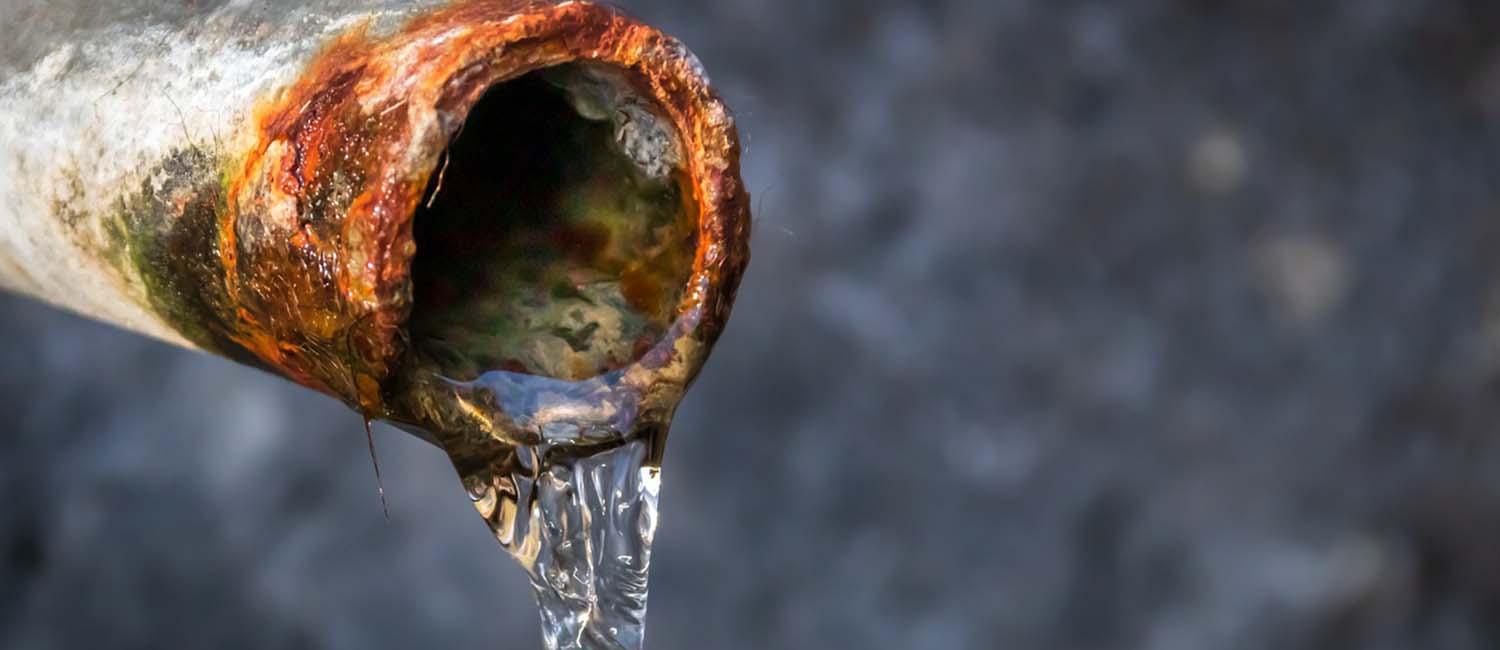Jacobs Engineering, in partnership with the University of Wisconsin System and Freshwater Collaborative of Wisconsin is looking for students with an interest in drinking water quality and public health and safety, to improve community access to clean, safe drinking water. This is an opportunity to work with water systems across Wisconsin, providing technical assistance to identify the location and material of service lines and meet the goals of the federal Lead and Copper Rule Revisions. This work will expose you to working with local government entities, public utilities, familiarize you with drinking water regulations, and provide hands-on experience with data collection and field work.
This is an exciting opportunity to get hands on experience in assisting public water systems across Wisconsin comply with the Federal Rule requirements.
We are currently reviewing applications and conducting interviews. Hiring decisions are expected to be made by mid-December.
The Work:
Technical assistance to public water systems may include:
- Review of:
- Construction and plumbing codes, permits, and existing records or other documentation which indicates the service line materials used to connect structures to the distribution system.
- Water system records, including distribution system maps and drawings, historical records on each service connection, meter installation records, historical capital improvement or master plans, and standard operating procedures.
- Inspections and records of the distribution system that indicate material composition of the service connections that connect a structure to the distribution system.
- Any other relevant available records.
- Data entry:
- Populate data into a spreadsheet in advance of and/or following an onsite records review visit.
- Field Visits (Optional):
- Travel across the state with other team members to provide in-person review of records and field verification of service lines.
- Talk directly with government entities and public utility staff about their water system.
Time commitment:
A minimum of 8 hours a week is desired, up to 25 hours per week during school, and up to 40 hours per week during school breaks (e.g., summer 2024). Data entry work offers more flexibility around working hours and can be performed remotely. Site visits may require longer workdays (greater than 8 hours), and potentially overnight stays.
Length of program:
Work is set to begin in November 2023 and continue through August 2024.
Desired qualifications and skills:
- University of Wisconsin students and staff
- Pursuing or obtained a degree in Freshwater Science, Engineering, Geology, Microbiology, Environmental Science or similar degree program
- Strong interest in real-world, hands-on utility and water sector work
- Ability to focus on detail-oriented tasks
- Excellent communication skills
- Proficiency in MS Office applications
- Personal vehicle and valid driver’s license and car insurance required for field visits
Expected compensation:
The pay range is $20 to 30 per hour, depending on skills and prior experience. Travel expenses will be reimbursed.
A virtual info session to learn more and ask questions took place Nov. 15. Here is the recording.
Additional FAQs
If I have scheduling conflicts or am not available certain weeks or months of the project, am I still eligible?
The project spans between December 2023 and August 2024, so there will be opportunities for students during all months. Please note your availability constraints in an application, but it would not preclude you from applying.
How many individuals will be hired to complete this project?
The project will require 250 hours of work each week. The number of students will depend upon student availability. We anticipate 10-25 students. There will be ample opportunities for students, and we have the ability to add students if we complete the work faster than anticipated. We will need plenty of people.
Will this position provide an opportunity to use GIS?
Yes, you will learn how to utilize and interact with a variety of digital data management tools that Jacobs uses, including GIS.
If you are doing remote work, would you be working in a team or how would the assignment structure work?
All the people being hired will be part of a larger team at Jacobs. You will have a mentor or someone who can directly answer questions. Every activity has a group in charge of that task who you will work with. Every job will have at least two people on site.
Will weekends be open for overnight travel, or will overnight travel only be during the work week?
Weekend hours are an option. It will depend on the water system and when they are open. It’s probably a 50-50 split between systems that are only available on weekdays and those that are open on weekends. When we schedule work, we will look at the water system staff availability first and then schedule people to do the work.
What is the maximum expected travel distance for the fieldwork?
The systems are across the entire state. We plan to keep travel to a minimum because it’s important to have as much time at the site as possible. You may need to work on one system one day and then stay overnight to work on another system, but we don’t anticipate having students stay more than one night, especially during the school year. We will spread the travel out and if someone can’t stay overnight, that’s ok.
Can international and graduate students participate?
Yes, graduate students can participate. International students can participate as long as you are able to work on campus, have a driver’s license and can be an approved driver.
Can recent graduates apply?
To be hired as a student employee, you must be enrolled in classes. It may be possible that we could work with Jacobs to hire a recent graduate, so it would be worth submitting a resume and we will review each individual application.

